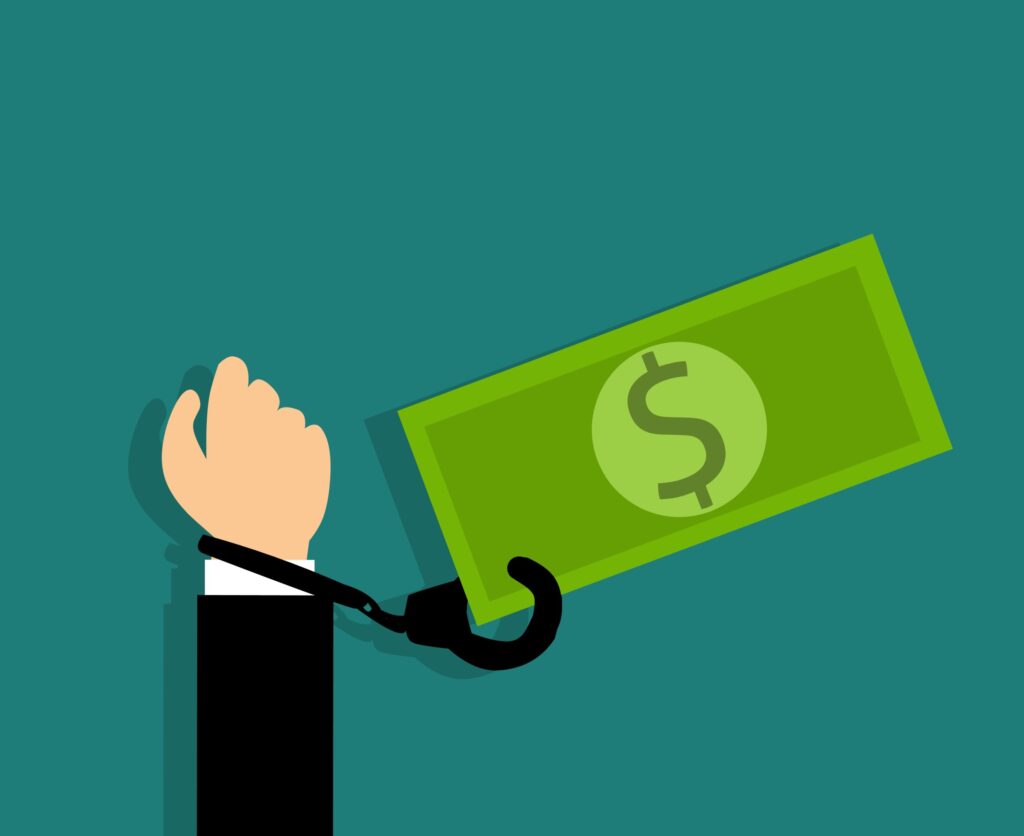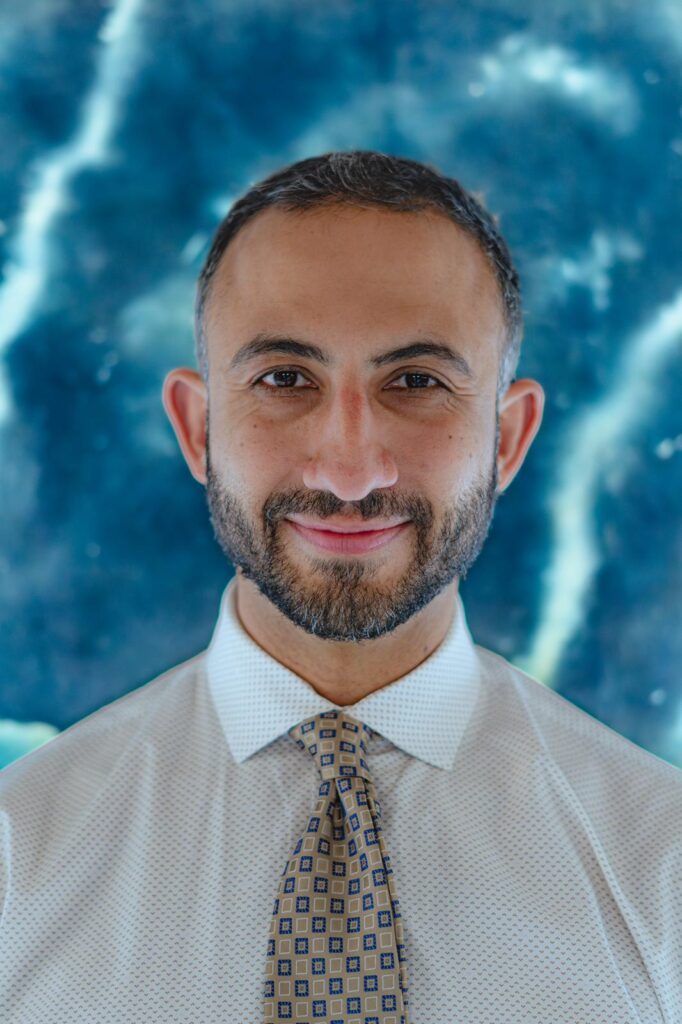Table of Contents
Debt Collection Lawyers: Your Key to Recovering Unpaid Debts
Unpaid debts can significantly impact the financial health of a business or individual. If you’re struggling to recover what’s rightfully yours, having a legal professional on your side can make all the difference. At SK Legal, our Debt Collection Lawyers are dedicated to helping clients navigate the complexities of debt recovery while minimizing stress and delays. In this post, we’ll explore how debt collection works, the legal options available, and why working with a skilled lawyer is essential to getting back on track.
Understanding Debt Collection
Debt collection is the process of pursuing payment from individuals or businesses that owe money. It can involve various strategies, from negotiating settlements to initiating legal proceedings. Often, creditors may attempt to recover debts on their own or hire third-party collection agencies, but when these efforts fail, legal action might be necessary.
Debt collection lawyers step in to protect creditors’ interests, ensuring that all legal steps are followed, and that the process is as smooth as possible. Whether you’re a business owner seeking to recover unpaid invoices or an individual dealing with personal debts, understanding your legal rights and options is crucial.
Why Hire a Debt Collection Lawyer?
Hiring a debt collection lawyer is a strategic decision that can save time and increase your chances of recovering debts. Here’s why it matters:
- Knowledge of Debt Collection Laws: Debt collection laws vary by jurisdiction and can be complex. A lawyer who specializes in this area knows the intricacies of local and federal regulations, ensuring you stay within the law while aggressively pursuing the debt.
- Efficient and Professional Handling: Debt collection can be a time-consuming process, especially when dealing with uncooperative debtors. A lawyer will handle negotiations, settlements, and legal proceedings, allowing you to focus on your business or personal matters.
- Avoiding Pitfalls: Without proper legal guidance, creditors may inadvertently violate debtor protection laws, such as the Fair Debt Collection Practices Act (FDCPA). A lawyer ensures compliance, reducing the risk of costly legal issues or penalties.
- Litigation Support: If negotiations fail, a debt collection lawyer can represent you in court. From filing lawsuits to obtaining judgments and executing them, they manage the entire litigation process.
The Debt Collection Process: A Step-by-Step Guide
The debt collection process can differ depending on the nature of the debt and the debtor’s cooperation. Below is an overview of the typical steps involved:
1. Initial Contact and Demand Letters
Before legal action, the lawyer will attempt to contact the debtor through formal demand letters, outlining the debt owed and requesting payment. This step is often sufficient to prompt the debtor to settle, especially when they realize legal action may follow.
2. Negotiation and Settlements
In some cases, debtors may wish to settle the debt for a reduced amount. A debt collection lawyer can negotiate on your behalf to ensure a fair agreement that maximizes your recovery while maintaining professionalism.
3. Filing a Lawsuit
If the debtor refuses to pay or disputes the debt, the next step is to file a lawsuit. The lawyer will present your case in court, providing evidence of the debt and seeking a judgment.
4. Obtaining a Judgment
Once a judgment is awarded, the court legally confirms that the debtor owes you money. However, obtaining a judgment doesn’t guarantee payment—further steps may be needed to enforce it.
5. Enforcing the Judgment
Debt collection lawyers can help enforce judgments through various legal mechanisms, such as wage garnishment, bank levies, or placing liens on the debtor’s property.
Alternatives to Litigation: When Court Isn’t the Best Option
Not all debt collection cases need to end up in court. Depending on the circumstances, alternative approaches might be more suitable:
- Mediation: A neutral third party helps both sides reach a mutually agreeable settlement, avoiding lengthy legal battles.
- Arbitration: In arbitration, a legal professional reviews the evidence and makes a binding decision. This option is faster and less expensive than traditional litigation.
Your debt collection lawyer will help determine the best approach based on your specific situation, weighing the costs, time, and potential outcomes.
International Debt Collection
Debt collection becomes even more challenging when the debtor is located in a different country. International debt collection involves navigating foreign laws, treaties, and international jurisdictions. Lawyers with experience in cross-border debt recovery can manage these complexities, ensuring you pursue the debt efficiently while complying with all applicable regulations.
Debt Collection for Businesses
For businesses, unpaid debts can severely disrupt cash flow and hinder growth. Whether you’re dealing with overdue invoices, bounced checks, or clients who refuse to pay, professional legal support can make the difference. A debt collection lawyer can implement strategies that preserve business relationships while ensuring timely payments.
Protecting Your Business from Future Debt
Prevention is better than cure. SK Legal can assist businesses in creating airtight contracts, clear payment terms, and comprehensive credit policies to reduce the risk of future unpaid debts. We can also guide you through the proper use of personal guarantees and collateral to secure future transactions.
What to Expect from Debt Collection Lawyers at SK Legal
At SK Legal, our debt collection lawyers combine legal experience with a client-first approach. We prioritize clear communication, offering tailored solutions for every case. Whether you need help with small claims or large, complex debt recovery cases, we are here to help.

What does a debt collection lawyer do?
A debt collection lawyer helps creditors recover unpaid debts by negotiating settlements, filing lawsuits, and enforcing court judgments. They ensure compliance with all applicable laws and streamline the process to maximize recovery.
When should I hire a debt collection lawyer?
It’s best to hire a debt collection lawyer when initial attempts to recover debt have failed, or if the debtor disputes the amount owed. If the debt is significant, having legal representation early can also help avoid mistakes.
How much does it cost to hire a debt collection lawyer?
The cost of hiring a debt collection lawyer varies. Some lawyers charge hourly, while others work on a contingency basis, meaning they take a percentage of the recovered debt. The specifics depend on the complexity of the case and the lawyer’s fee structure.
Can a debt collection lawyer represent me in court?
Yes, if the debt collection process leads to litigation, a debt collection lawyer will represent you in court, file the necessary paperwork, and advocate on your behalf to obtain a judgment.
What is a demand letter, and is it necessary?
A demand letter is a formal document sent to the debtor requesting payment of the debt. It is often the first step in the legal debt collection process and can lead to a resolution without going to court.
Can I sue someone for unpaid debt without a lawyer?
While it’s possible to sue someone without a lawyer, the process can be complex and time-consuming. A debt collection lawyer ensures you follow proper legal procedures, increasing the likelihood of a successful outcome.
How long does the debt collection process take?
The length of the debt collection process varies depending on the debtor’s cooperation and whether litigation is necessary. Some cases are resolved within a few weeks, while others may take several months.
What happens if the debtor doesn’t pay after a judgment?
If the debtor refuses to pay after a judgment is obtained, further legal action may be required to enforce the judgment. This can involve wage garnishment, seizing assets, or other enforcement methods.
Can I collect a debt if the debtor is in another country?
Yes, but international debt collection is more complicated due to varying laws across countries. A lawyer with experience in cross-border collections can help navigate these challenges.
What are the risks of collecting debt without legal help?
Attempting to collect debt without legal help can lead to unintentional violations of debt collection laws, which may result in legal penalties. Additionally, improper handling can prolong the process or lead to a lower recovery rate.
- Contract Law Across Countries (Canada and United States)
- Cross Border Services (United States and Canada)
- SK Legal – Contingency Engagements for 100% Success – Serving all of British Columbia and Alberta
- Navigating Personal Injury Claims with SK Legal as Your Trusted Lawyer in Alberta
- SK Legal: Your Trusted Lawyer for Personal Injury Claims in Alberta and British Columbia

